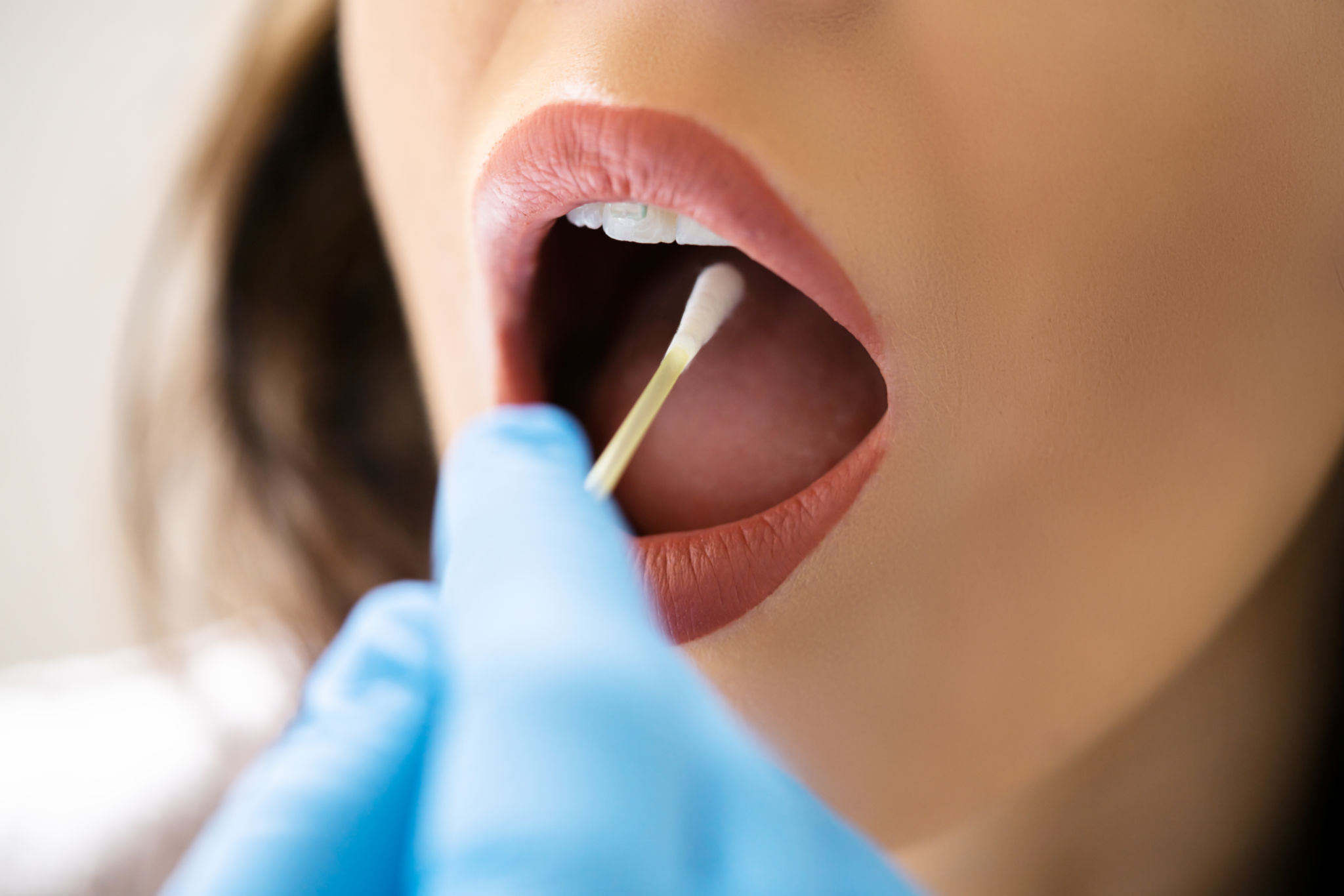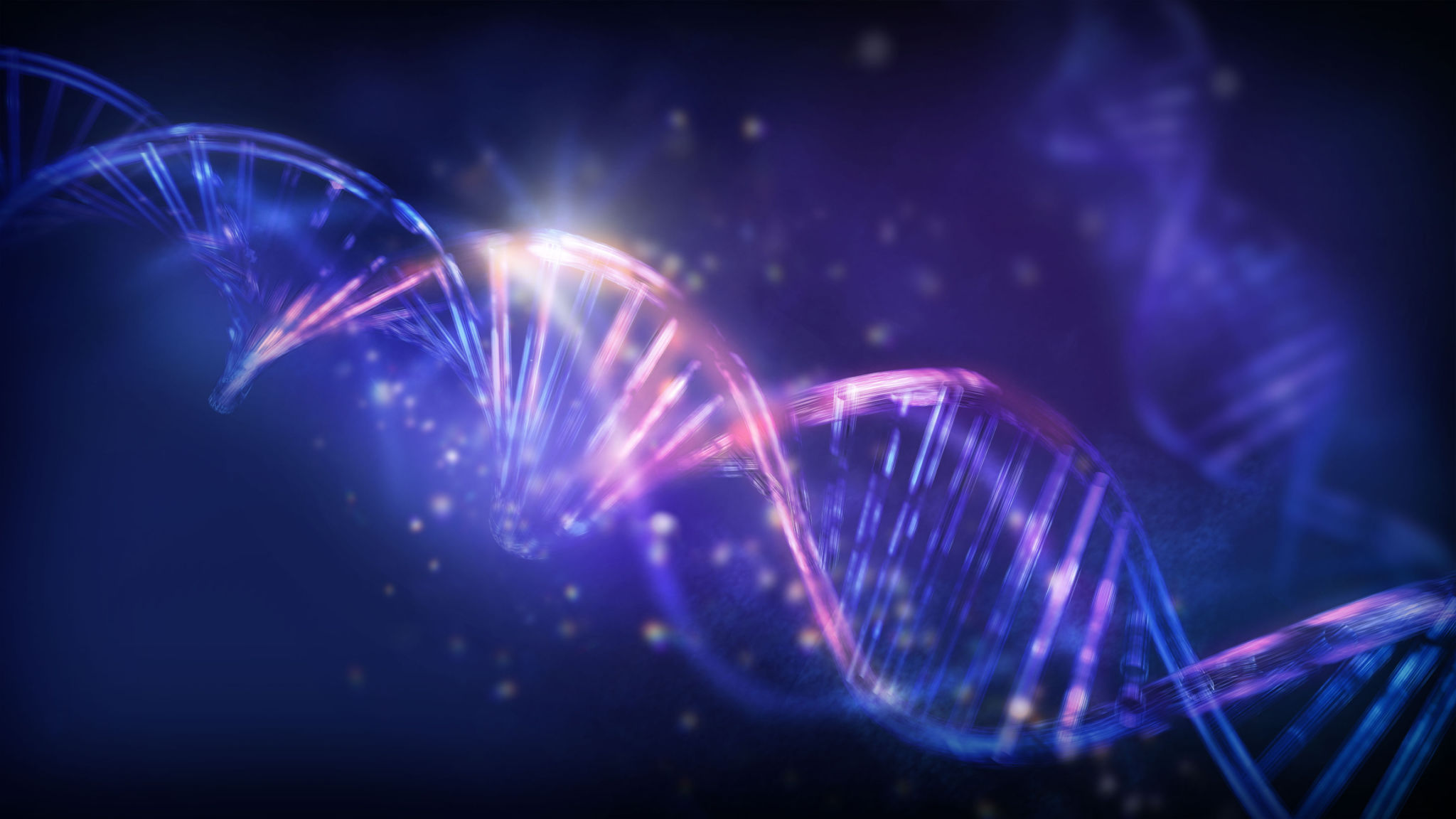How to Prepare for a Biological Relationship Test: Expert Tips
DB
Understanding Biological Relationship Tests
Biological relationship tests, often termed as DNA tests, are designed to determine the genetic connection between individuals. These tests are commonly used for establishing paternity, maternity, and other familial relationships. Whether you're seeking answers for personal reasons or legal matters, understanding how to prepare for these tests is essential.
Before diving into the process, it's crucial to recognize the kind of test you need. There are various tests available, each catering to different needs. For instance, a paternity test will confirm if an individual is the biological father of a child, while an ancestry test might explore broader familial connections.

Choosing the Right Test Provider
Once you've identified the type of test required, the next step is selecting a reputable test provider. It's important to choose a provider accredited by recognized bodies, ensuring accuracy and reliability of results. Look for providers that offer clear information about their testing procedures and privacy policies.
Researching customer reviews can also provide insight into the quality of service offered by different companies. Additionally, consider the cost of the test and any additional services offered, such as counseling or support for interpreting results.
Gathering Necessary Information
Preparation involves more than just selecting a provider. Gather all necessary information and documentation needed for the test. This may include identification documents, consent forms, and any legal paperwork if the test is part of a court proceeding.
Understanding what to expect during the testing process can also alleviate anxiety. Most DNA tests require a simple cheek swab or saliva sample, making them non-invasive and straightforward. However, it's vital to follow any specific instructions provided by the testing company to ensure the integrity of your sample.

Ensuring Accurate Sample Collection
The accuracy of a biological relationship test heavily relies on the correct collection and handling of samples. Here are some tips to ensure a proper sample collection:
- Avoid eating or drinking anything other than water at least 30 minutes before providing a saliva sample.
- Follow any specific packaging instructions provided by the test provider to avoid contamination.
- Label your samples clearly and accurately if instructed to do so.
If you have concerns about collecting the sample yourself, some providers offer in-person collection services or recommend visiting a clinic where professionals can assist you.
Interpreting Test Results
Once you've submitted your sample, you'll need to wait for your results. The waiting period can vary depending on the provider but typically ranges from a few days to several weeks. When your results arrive, you'll receive a detailed report outlining the findings of your test.
Interpreting these results can sometimes be challenging without expert guidance. Many providers offer consultation services with genetic counselors or specialists who can help you understand your results and their implications.

Emotional Preparation and Support
The outcome of a biological relationship test can have significant emotional impacts, whether confirming expected relationships or revealing unexpected connections. It's essential to prepare yourself emotionally for any possible outcome and consider seeking support from friends, family, or professionals if needed.
Engaging with support groups or online forums can also provide comfort and advice from others who have undergone similar experiences. Remember that you're not alone, and there are resources available to help you navigate your journey.